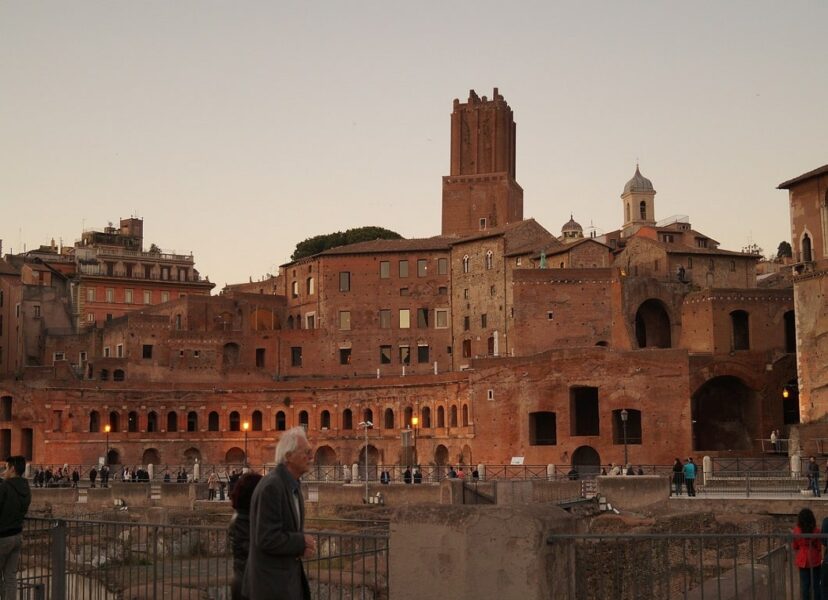The tradition of making New Year’s resolutions dates back to ancient civilizations, such as the Babylonians and the ancient Romans. The Babylonians would make promises to their gods at the start of each year to pay their debts and return borrowed objects. The ancient Romans also made New Year’s resolutions, called “Vows of Janus,” in honour of the Roman god of beginnings, Janus.
In more recent history, the practice of making New Year’s resolutions became more widespread during the early modern period, specifically in the Western world. This was likely due to the influence of the Christian tradition of Lent, which is a period of fasting, repentance, and spiritual discipline leading up to Easter. Many people began to adopt the practice of making resolutions at the start of the new year as a way to reflect on the past year and set goals for the year ahead.
Today, making New Year’s resolutions is a common tradition in many cultures around the world. People often make resolutions to improve their health, such as exercising more or eating healthier or achieving personal or professional goals. Others may make resolutions to improve their relationships or to give back to their communities.
Regardless of the specific resolution, the idea behind making a New Year’s resolution is to reflect on the past year and make positive changes in the year ahead. While not everyone sticks to their resolutions, the act of setting goals and making a plan to achieve them can be a powerful motivator for personal growth and self-improvement.









